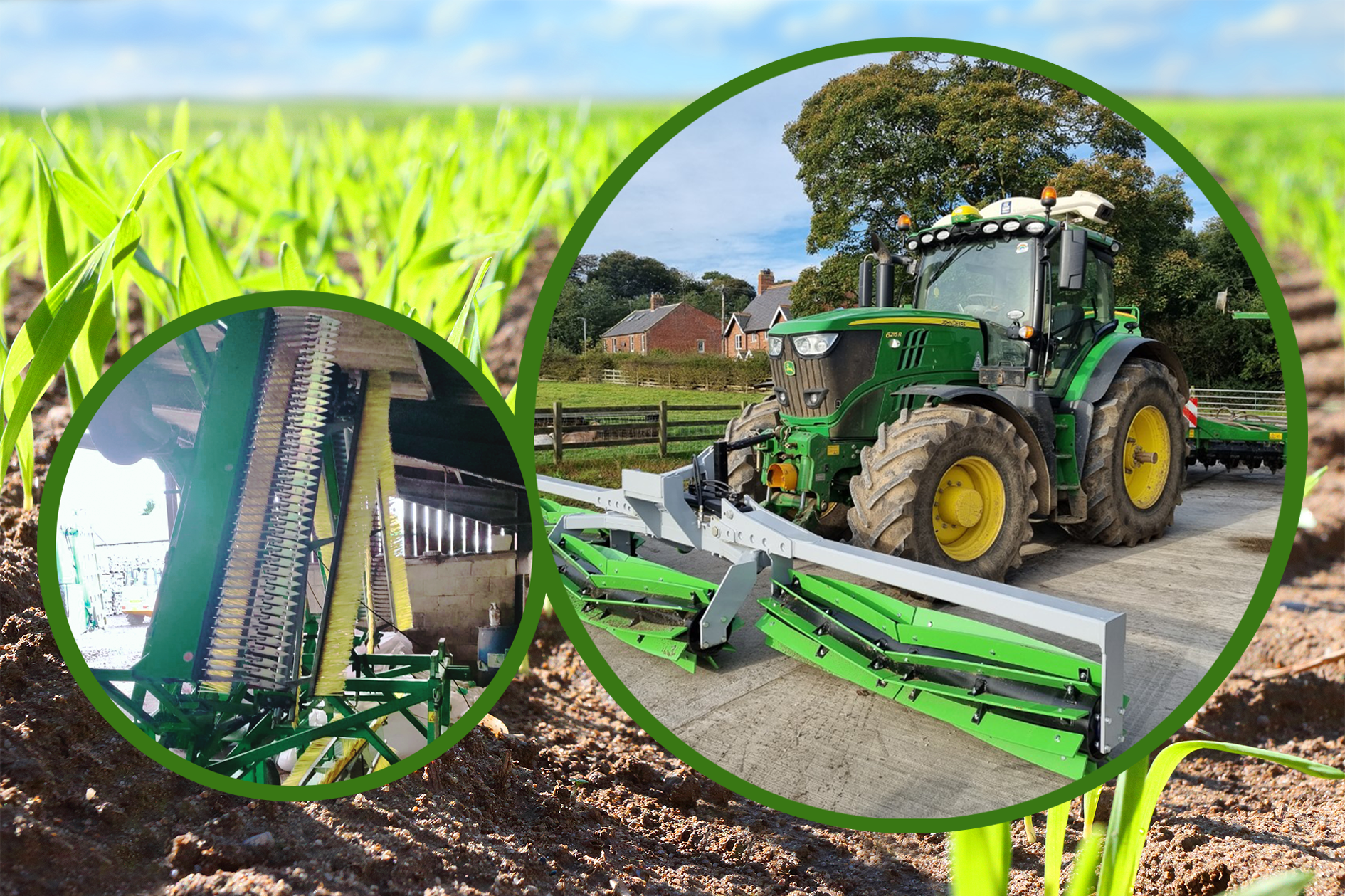Farmers play a key role in addressing these challenges and face various pressures, such as reduced availability to chemicals for crop protection, improving soil health, and the facing the impacts of extreme weather events. However, there is no denying that the demand for food continues to rise globally in line with increasing populations. Consequently, it becomes imperative for farmers to have access to innovative solutions that enable them to cultivate healthy crops while simultaneously safeguarding the environment.
Embracing Regen Ag
Regenerative agriculture is a general term used to describe a farming approach that combines different sustainable methods. It is regarded as a way to deliver sustainable food systems and it focuses on five key principles:
- Minimised soil disturbance
- Promoting crop diversity and range
- Maintaining the soil surface covered
- Ensuring a living root is present throughout the year
- Integrating grazing livestock into the farming system
Integrating regenerative agriculture practices brings a host of advantages that span various sectors, including ecological, economical, and community well-being. By prioritising the improvement and restoration of soil health, regenerative agriculture practices empower farmers to grow healthier crops with increased yields, resulting in greater economic prosperity.
What is CHAP’s role in Regen Ag?
Soil Health is part of CHAP’s core focus areas, which includes regenerative agriculture. Our aim is to advance sustainable farming practices by assessing existing farming systems, conducting research to enhance carbon sequestration in soils and developing improved tillage systems.
To support our goals, CHAP acquired a diverse range of precision machinery to test and validate regenerative agriculture practises. The equipment is housed at two centres: Stockbridge Technology Centre (STC) and Newcastle University.
Part of this equipment are the CombCut (6 m) and the Crimper Roller (6.2 m) from Primewest Ltd. which are housed at Newcastle University.
The Crimper Roller
This tool is designed to support farmers with reducing chemical crop destruction whilst leaving a mulch that reduces weed growth and provides a valuable source of nutrients. The crimper roller operates in conjunction with a direct drill or additional conventional drills and was developed to break, roll and bruise cover crops.
As a farmer, by employing this method of crop destruction, it can enhance the naturally-occurring chemical breakdown processes which in turn suppresses weed development. Taken together, this leads to a more effective cultural control for cover crops and suits a variety of farmers from organic to no-till to the more conventional farmers.
The CombCut
The CombCut is a mechanical weeder specifically designed for use in established crops to prevent the dispersal of weed seeds. This innovative tool achieves this by cutting both the flowers and seed heads of weeds that grow above the crop.
There are several advantages to using the CombCut. Firstly, its high work rate minimises soil disturbance, which is beneficial for maintaining soil health. Additionally, farmers can reduce their reliance on agricultural chemicals for weed control, promoting more sustainable practices and reducing overall production costs and risk of weed resistance to chemicals.
The CombCut is highly effective in removing various types of weeds, including thistles, charlock, nettles, black grass, and docks. It can be employed in fields of cereals, grasslands with legumes, or areas where root vegetables are grown.
By incorporating the CombCut into their regenerative agriculture toolbox, farmers can enhance crop health, minimise weed seed dispersal, and reduce the need for excessive chemical treatments.
For information on CHAP’s work to promote and advance regenerative agriculture, go to Field Scale Precision Equipment, also explore our latest webinar ‘Innovative tools to overcome challenges of Regen Ag’.
If you have a project idea or want to find out how you can work with CHAP, please send us an email using the enquiries form at the bottom of our homepage.












